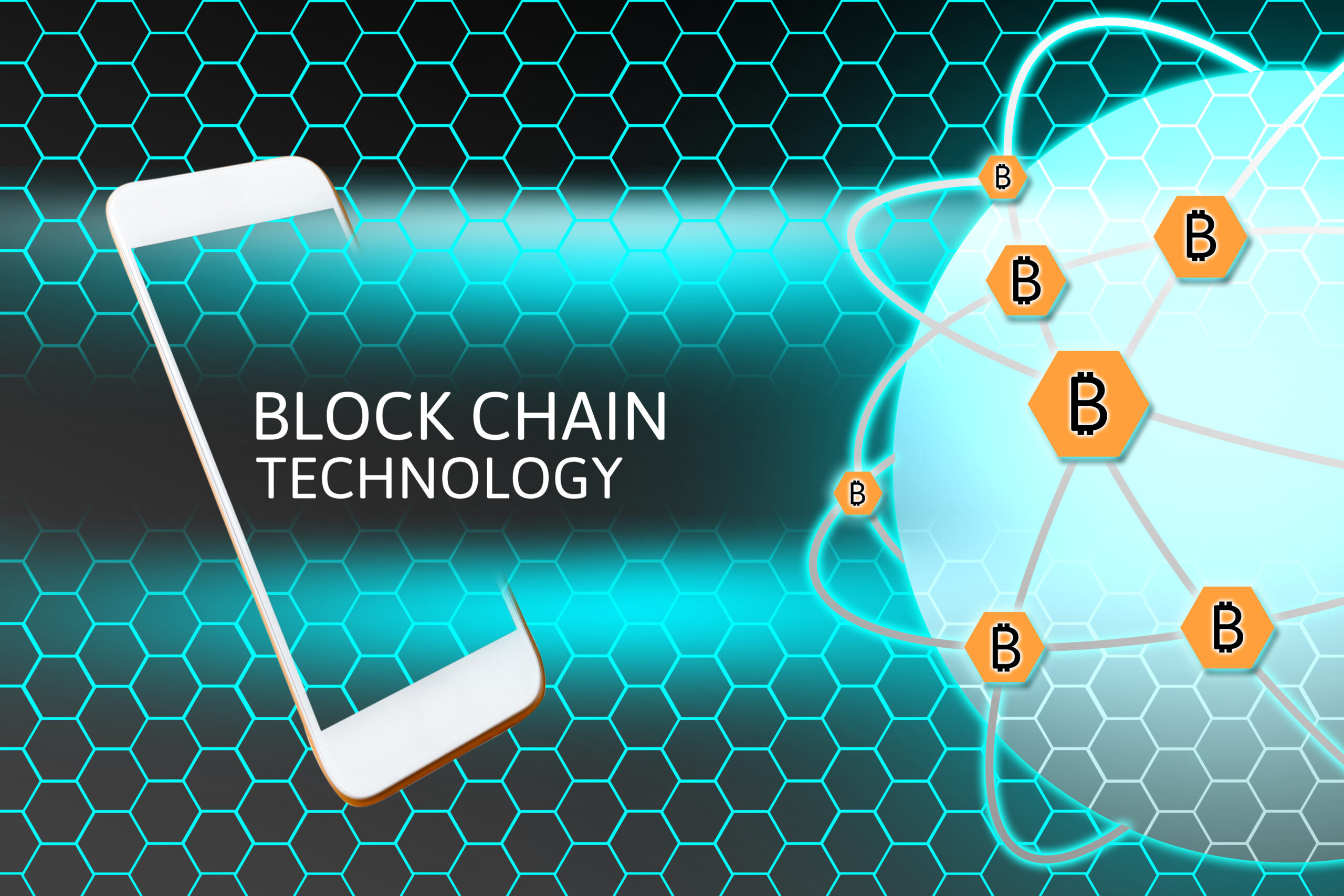In an era characterized by tumultuous social upheaval and technological advancement, the teachings of the Bahá’í Faith provide a profound lens through which to examine the intersection of blockchain technology and societal betterment. The integration of blockchain into societal frameworks is not merely a technological pursuit; it is an opportunity—a catalyst for transformative work that resonates with the Bahá’í principle of service to humanity. This article seeks to explore how blockchain can serve as a force for good, fostering communal prosperity while aligning with the core tenets of the Bahá’í Faith.
The invocation of blockchain technology conjures images of digital ledgers immutable and transparent, a robust metaphor for integrity and accountability in work. Within a Bahá’í context, work is not merely a means of earning a livelihood; it is an expression of devotion to humanity. This intrinsic relationship between work and service is akin to the fundamental properties of blockchain, which emphasizes transparency and shared responsibility. Just as blocks of data are linked in an unbroken chain, so too are our efforts interconnected in the larger tapestry of human progress.
At the heart of Bahá’í teachings lies the principle of unity in diversity. Blockchain technology, with its decentralized nature, embodies this principle by enabling diverse stakeholders—individuals, corporations, and governments—to engage in collaborative efforts towards common goals. This decentralized approach dismantles hierarchies, fostering an egalitarian digital environment where every voice can be heard, akin to a symphony orchestrated not by a single conductor but by a multitude of diverse musicians harmonizing their distinct sounds. Such inclusivity paves the way for meaningful participation and cooperation.
Furthermore, the Bahá’í Faith emphasizes the importance of justice and equity in societal structures. Implementing blockchain solutions can significantly enhance transparency in transactions, thus mitigating corruption and fostering trust. By documenting each transaction on an immutable blockchain, communities can hold institutions and individuals accountable for their actions. This transformative potential of blockchain is akin to shedding light into the dark corners of society, illuminating unethical practices and enabling justice to prevail, thus aligning closely with the Bahá’í belief that justice is a central pillar of a thriving civilization.
In addressing the challenges of poverty and inequity, blockchain can act as a bridge. It provides an opportunity to redefine economic systems through decentralized finance (DeFi), enabling people to access financial services previously beyond their reach. By facilitating peer-to-peer transactions and eliminating intermediaries, blockchain empowers individuals, allowing them to uplift their communities. This economic democratization reflects the Bahá’í vision of universal prosperity, where personal and communal enrichment are intertwined, forming a harmonious balance.
Moreover, one of the cardinal tenets of the Bahá’í Faith is the pursuit of knowledge. Blockchain technology promotes transparency and accessibility of information, which is essential for informed decision-making. As individuals engage with this technology, they acquire the knowledge and skills necessary to innovate and contribute positively to society. It becomes apparent that the implementation of blockchain education and literacy programs can lead to a more informed populace—a goal harmoniously aligned with the Bahá’í call for intellectual advancement.
The environmental implications of blockchain also merit consideration, particularly through the lens of sustainability—a core principle within Bahá’í teachings. While concerns about the environmental footprint of blockchain have emerged, solutions such as energy-efficient consensus mechanisms and the development of green blockchain protocols offer pathways to ameliorate these impacts. Just as the Bahá’í Faith encourages stewardship of the earth, an environmentally conscious approach to blockchain technology can facilitate responsible use of resources while promoting systemic environmental reform.
Moreover, the nascent field of smart contracts, enabled by blockchain technology, presents unique opportunities for social enterprises and non-profits. Smart contracts allow for automated agreements that can function without the need for intermediaries, which can significantly reduce overhead costs and streamline operations. This innovation can empower organizations that work towards social good, allowing them to allocate more resources directly to their missions—a manifestation of the Bahá’í principle of selfless service.
Incorporating blockchain into humanitarian efforts can also instigate profound changes in disaster response and crisis management. The secure, real-time sharing of vital information can enhance coordination among relief agencies, ensuring that resources are allocated efficiently and effectively. As the Bahá’í teachings advocate for solidarity and assistance for those in need, the ability to respond swiftly and transparently to crises aligns seamlessly with the Faith’s imperative to serve humanity’s best interests.
Finally, it is essential to cultivate a culture of ethical engagement with blockchain technology. The Bahá’í Faith underscores the importance of moral integrity in all endeavors. Engaging with blockchain must be rooted in principles of justice, equity, and ethical consideration. As stakeholders in this burgeoning field, individuals and organizations are called to ensure that their applications of blockchain technology adhere to these manifold ethical imperatives, thereby reinforcing the interconnectedness of moral action and technological advancement.
In conclusion, the convergence of Bahá’í teachings and blockchain technology unveils a realm of possibilities for serving the world. As humanity grapples with its myriad challenges, the prospect of utilizing blockchain as a tool for good invites us to reimagine work itself—not merely as a method of survival, but as a profound commitment to collective advancement. The road ahead requires intentionality, cooperation, and a steadfast adherence to principles that uphold human dignity. Ultimately, through the transformative power of blockchain and the guiding light of Bahá’í teachings, a future in which work serves humanity’s highest aspirations can indeed be realized.
